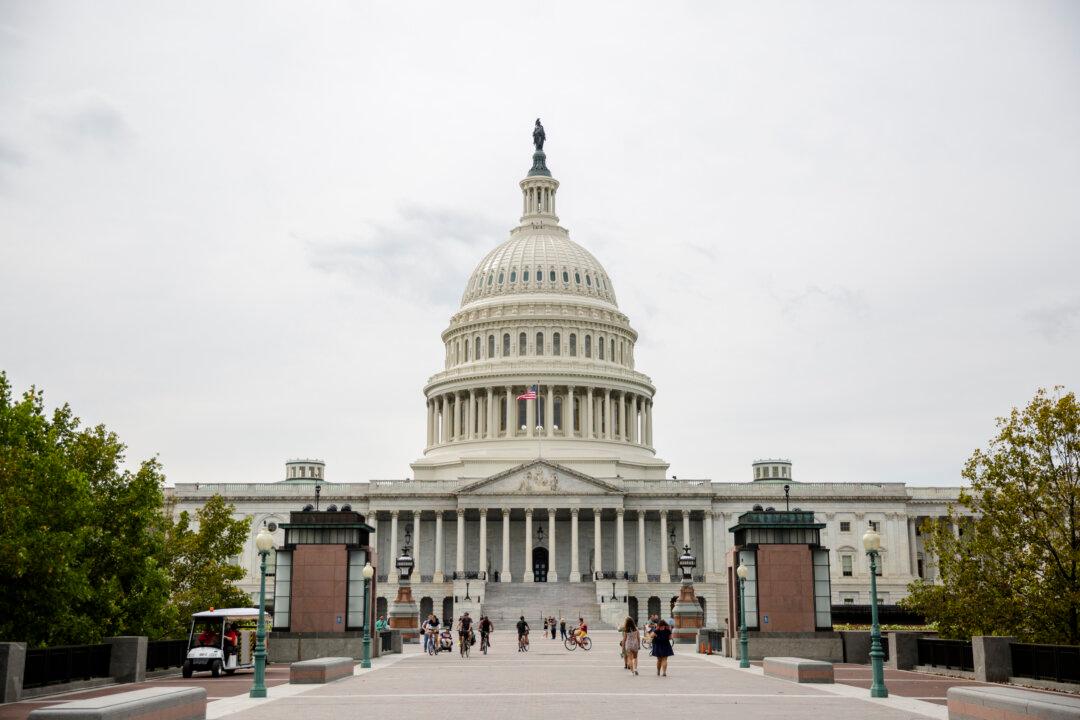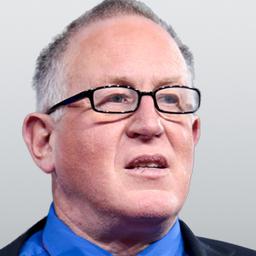Though little known beyond elite circles, the Committee of 100 is one of the Chinese Communist Party’s most important “influence” organizations in the United States.
Much like the recently defunded Confucius Institutes—the U.S. National Defense Authorization Act stipulates that no Pentagon money may be used for a program that includes the Confucius Institutes—the C-100 publicly promotes increased Chinese-American relations and understanding while, in reality, toeing the Chinese Communist Party line to America’s cultural, business, and political leaders.





